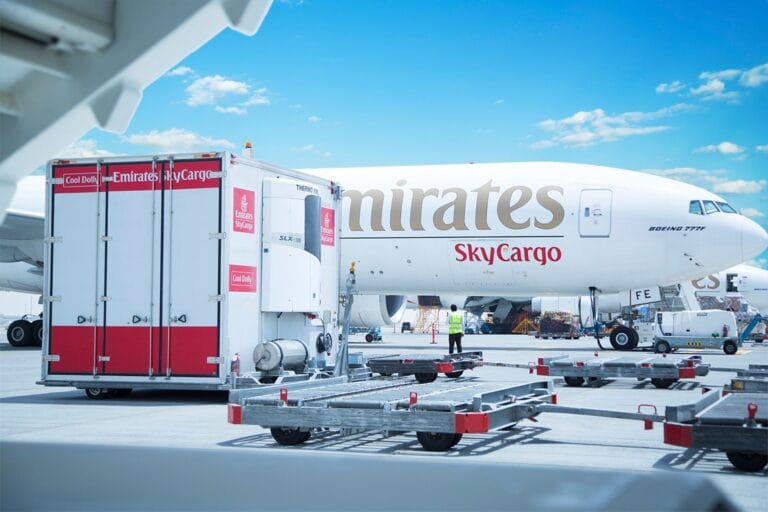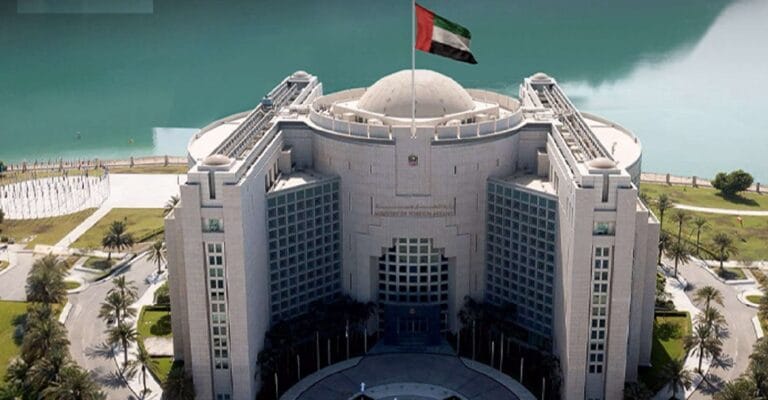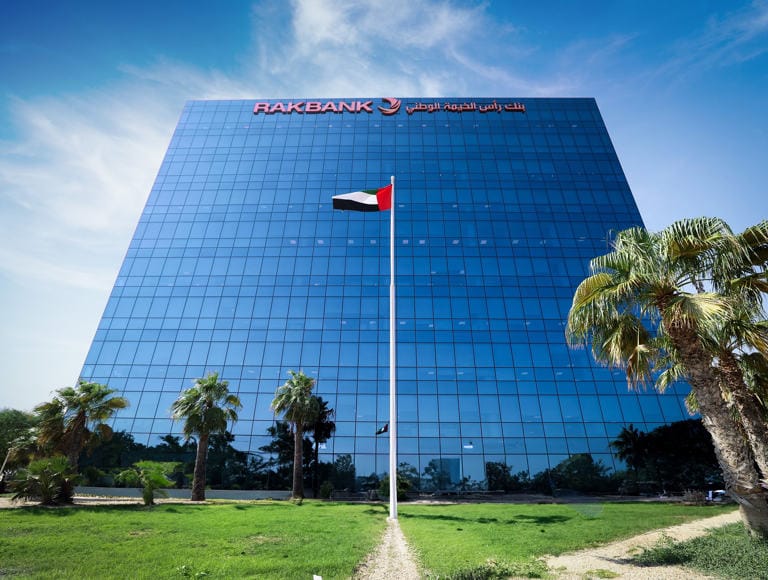
Dubai: The sudden collapse of UK-based oil services firm Petrofac, which filed for administration this week, has raised serious alarm over its sprawling Gulf energy portfolio—including several multi-billion-dollar contracts in the UAE and across the GCC.
The company, a familiar name on major project sites across the region, was delisted from the London Stock Exchange on October 28, marking a dramatic downfall for the one-time engineering giant.
Table of Contents
What Actually Happened
On October 27, 2025, Petrofac announced its directors had applied to the High Court of England and Wales to appoint administrators. This move applies to the holding company, Petrofac Limited, not its operational subsidiaries, which for now, continue to trade. The firm Teneo has been appointed to manage the process.
The move was a last-resort. The company’s financial structure collapsed after Dutch grid operator TenneT terminated a massive multi-billion euro offshore wind contract. This contract was the bedrock of Petrofac’s restructuring plan, and its loss made the company’s debt unmanageable.
In a recent update, Petrofac confirmed that bondholders have extended support, delaying debt maturities while it explores merger or “alternative restructuring” paths. However, the company also warned that some of these routes might leave existing shareholders with little to no value.
Recent update:
Following the appointment of administrators to Petrofac Limited (the Group’s ultimate holding company), the listing of the Company’s shares on the equity shares (commercial companies) segment of the Official List and on the main market for listed securities maintained by the London Stock Exchange is expected to be cancelled, in each case with effect from 8:00 a.m. (London time) today, 28 October 2025.
The Group’s operations continue to trade as normal while options for alternative Restructuring and M&A solutions are being actively explored with its key creditors.
What Petrofac Has at Stake in the UAE
Petrofac’s journey in the Gulf dates back decades. Founded in 1981, the firm grew from a modest oilfield contractor into one of the most recognizable names in EPC (Engineering, Procurement, and Construction). Those distinctive white hard hats became a common sight on major construction sites from Kuwait to Oman.
According to project-tracking firm MEED, Petrofac’s active contracts in the MENA region amount to a staggering US$5.83 billion.
The UAE, its “home market,” is particularly exposed. Petrofac is currently delivering five major projects for ADNOC Gas, including:
- A US$1.2 billion expansion project on Das Island.
- A US$700 million EPC contract for a new gas compressor plant in Habshan.
- Other key projects in gas processing and vital carbon capture infrastructure.
Why This Matters for the Region
Petrofac’s administration does not automatically mean all work on Gulf projects will halt. The operating companies, like Petrofac Emirates, are technically still in business.
However, the uncertainty is toxic. Analysts warn that project timelines could be reviewed, subcontractor contracts will face intense scrutiny, and ADNOC may be forced to find new contractors to take over the work, risking costly delays.
A regional analyst told us: “No client likes to hear the word ‘administration’—even if operations are ring-fenced, the risk perception can slow down all decisions.”
The Backdrop: A Trouble-Strewn History
This collapse was not a surprise to market watchers. Petrofac’s troubles have been mounting for years.
The company was previously fined £77 million following a UK Serious Fraud Office investigation into bribery in the Middle East. That scandal led ADNOC to temporarily ban Petrofac from bidding on new UAE contracts. More recently, a UK court blocked a critical debt-for-equity swap, forcing the firm back to the drawing board with no options left.
The Regional Outlook: Risk vs. Resilience
For the UAE and the broader GCC, the fallout is likely to be measured, not catastrophic. The region benefits from deep project pipelines and a diverse mix of international and local contractors.
While Petrofac’s crisis may cause short-term jitters, the long-term energy projects will carry on. In fact, this could open up opportunities for rival EPC firms to step in and take over the contracts.
Petrofac stated it is working to “minimise disruption for clients and employees” as it pursues asset sales or mergers.
Road Ahead
Petrofac’s move into administration is a stark warning about risk and reputation. For expats in the UAE’s energy sector, the key question is not just whether Petrofac will survive, but how smoothly its multi-billion dollar projects can be handed over.
As the administrators at Teneo begin to sell off assets, the UAE’s energy ambitions will undoubtedly stay on track, but with a newfound caution and a sharp eye on contract stability.






